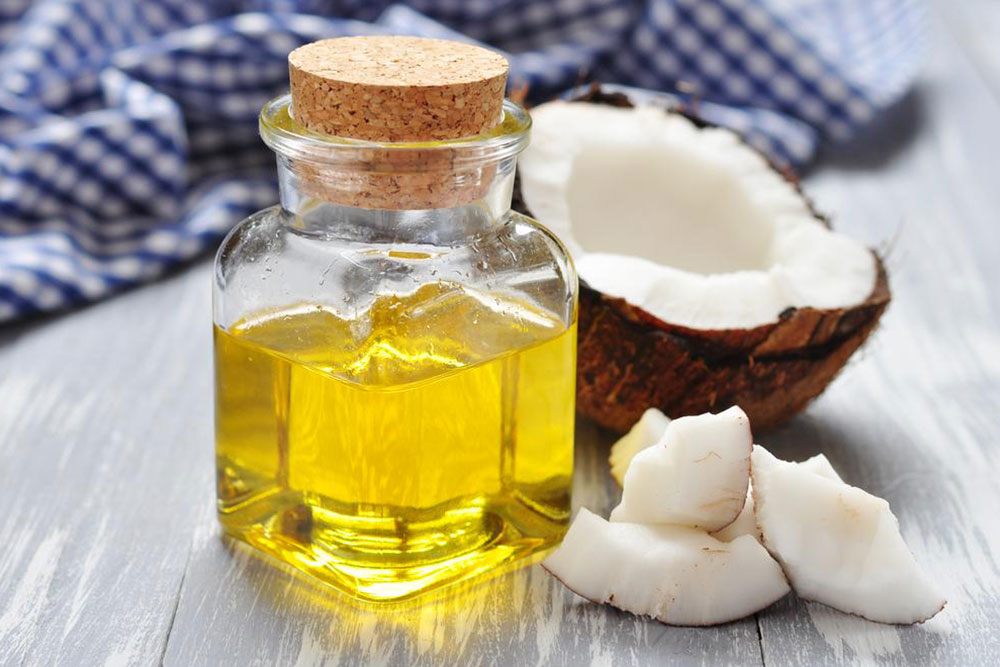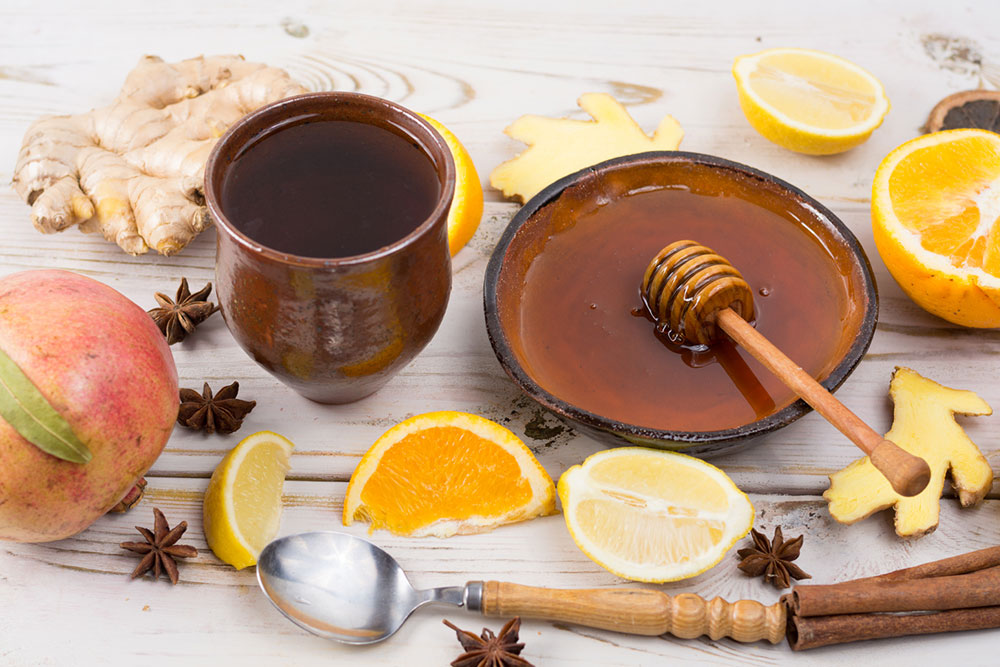Comprehensive Natural Approaches to Relieve Chronic Coughs and Improve Respiratory Health
Persistent coughs can signal underlying health issues and disrupt daily life. This comprehensive guide explores natural remedies like honey, herbal teas, and warm salt water gargles, along with preventive tips to manage and alleviate chronic cough symptoms. It emphasizes the importance of proper diagnosis for severe cases and offers practical advice for maintaining respiratory health. Whether you're experiencing minor coughs or need to understand when to seek medical help, this article provides valuable insights for effective relief and long-term respiratory wellness.

Comprehensive Natural Approaches to Relieve Chronic Coughs and Improve Respiratory Health
Persistent coughing can be an uncomfortable and disruptive issue, often signaling underlying health problems that need attention. While many cases of coughs originate from mild causes such as common colds, allergies, or environmental irritants, some persistent coughs can be indicative of more serious health conditions. Understanding these causes, along with exploring effective natural remedies, can significantly improve respiratory comfort and overall health. This comprehensive guide delves into the causes of long-lasting coughs, natural treatment options, preventive measures, and when to seek medical help for persistent symptoms.
Though acute coughs tend to resolve within a few days to weeks, a cough persisting beyond three weeks warrants careful evaluation. It is essential to distinguish between minor, treatable causes and signs of underlying health issues requiring medical intervention. Chronic coughs can be caused by mucus accumulation, infections, allergies, or more severe conditions such as tuberculosis, asthma, or gastroesophageal reflux disease (GERD). They may also result from lifestyle factors like smoking or medication side effects, emphasizing the importance of a thorough diagnosis for effective treatment.
Managing persistent coughs with natural remedies has gained popularity because of their safety, accessibility, and effectiveness in soothing symptoms and reducing inflammation. Incorporating these home-based methods into daily routines offers relief for minor and initial cases, but severe or unresponsive coughs should always be evaluated by healthcare professionals to avoid overlooking serious health issues.
Preventive measures play a pivotal role in managing long-term coughs. Avoiding environmental irritants like dust, pollen, smoke, and pollutants can significantly reduce episodes of cough and throat irritation. Lifestyle changes, such as quitting smoking and minimizing exposure to allergens, are vital steps toward respiratory health. Moreover, understanding the root cause of the cough can help tailor the most effective treatment approach, whether through natural remedies or medical interventions.
Among the most effective natural remedies for soothing a persistent cough are several accessible ingredients and practices:
Honey: Renowned for its soothing properties, honey can help calm a sore throat and suppress cough reflexes. A teaspoon of honey added to warm water or herbal tea provides a comforting and cough-relieving beverage.
Probiotics: Supporting digestion and immune health through probiotics can help in cases where reflux or GERD contributes to coughing. A balanced gut microbiome has positive effects on respiratory health.
Hydration: Drinking plenty of fluids dilutes mucus secretions, easing the irritation caused by postnasal drip and helping clear out mucus from the respiratory system.
Pineapple Enzyme (Bromelain): This natural enzyme exhibits anti-inflammatory properties that can reduce mucus buildup and lessen cough severity.
Peppermint: Known for its decongestant qualities, peppermint tea or steam inhalation can help open clogged airways and relieve congestion.
Thyme: Comprising antitussive and antimicrobial properties, thyme is a popular herbal remedy used in teas to relieve cough and respiratory discomfort.
Warm Salt Water Gargle: Gargling with warm salt water multiple times a day can soothe the throat, reduce inflammation, and help eliminate bacteria and viruses.
Warm Liquids: Consuming warm broths, teas, and soups helps soothe irritated mucous membranes and keeps respiratory tissues moist, facilitating healing.
Black Pepper and Honey: A mixture of ground black pepper and honey can be particularly effective in fighting cold-related coughs, thanks to pepper’s anti-inflammatory properties and honey’s soothing effect.
Lozenges and Menthol Drops: Providing temporary relief, menthol lozenges help numb the throat and calm coughing fits.
In addition to natural remedies, practical preventive measures such as avoiding exposure to airborne irritants, wearing masks during high pollen seasons, and maintaining good hygiene can significantly reduce the frequency and severity of coughs.
While these home remedies may be effective for minor and intermittent coughs, it is crucial to seek medical advice if coughs persist beyond a few weeks, worsen in severity, or are accompanied by symptoms like fever, chest pain, or shortness of breath. Proper diagnosis and targeted treatment ensure that underlying conditions are addressed promptly, preventing complications and improving respiratory health.





